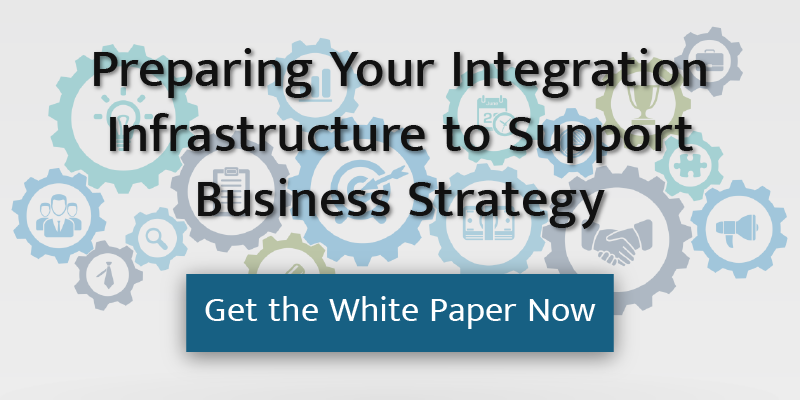
Staff retention is one area by which the effectiveness of a manager is judged. One key retention element important to your data integration team members is keeping their skills sharp. Sure things like compensation, increased responsibilities, and honest performance evaluations are important, but so is the ongoing education of the professionals you manage.
Employees may approach training with eager ambition or reluctance depending on the situation. When systems are already in place and an employee has been asked to take on the challenge of increased responsibility, the opportunity to acquire new skills that build upon an existing knowledge base is viewed positively in many instances and viewed by the team member thru the lens of “growth”.
However, when training is required because of a system migration, the same training opportunity can be met with reluctance because it requires the team member to learn a new set of skills where the comfortable foundation of existing knowledge doesn’t exist. At least not yet. In this scenario the opportunity to learn something new is viewed thru the lens of “change”. And you don’t have to be a very seasoned manager to know that people are resistant to change.
Taking a thoughtful approach to training can be a key factor in achieving successful learning experiences when there is resistance to change. Most adults are experiential learners and so hands on opportunities are usually best. Even better, based on our experience, is a customized training approach where students learn within the system that has been designed with the company’s data integration objectives in mind, and on which they will work day in and day out. Rather than sitting in a classroom in a distant city, many of our most successful customers found that having our trainers come on site and work with small groups increased the retention of the material, and took the fear out of learning.
Additionally because onsite class sizes are kept small, by having onsite experts work with only one company at a time instead of a large diverse classroom, individual attention is at its peak. This builds trust and makes the lens of change easier to look through.
One of the uniquely qualified folks who successfully handles training engagements for our clients here at Remedi shared with me the other day that an objective he sets when training professionals to support and fully utilize a new system is a “transfer of ownership”. And, he is right. It serves no organization’s best interest to spend money on a well designed and implemented system only to have if fail because of a lack of adoption. We normally think of adoption issues as a user problem, but if technical professionals revert to their comfortable but ineffective workarounds, bolt-ons, or pre / post processing gimmicks, the impact on your integration plans are the same. Unrealized returns on the investments you have made in people, processes, and technology.
So where do you start? Perhaps the best place to begin is with each person you manage. Ask them individually what they hope to get out of training. This helps your onsite trainer to develop a customized agenda, but don’t stop there. Find out where your people feel they are weak, or where they have concerns. While this may, if done thoughtfully, elicit other agenda items that need to be covered in the classroom, it also gives you and your employee an opportunity to remove their “change colored glasses” for a minute and view migration related training through a different lens called “perspective".
And perspective can help remind you and your staff during a time of change and transition of an important lesson. Simply put it is this; The very same favorite pair of shoes in your closet at home that you treasure because they are incredibly comfortable, were also at one time new and stiff and uncomfortable until you put them thru a good break-in period. Training can help retain your people, but so can helping them understand that thoughtful change can be a comfortable experience.



